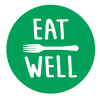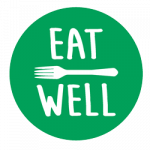Optimize your Population Health Strategy
The EatWell Impact Report gives you the SDoH knowledge you need to maximize program impact and cost savings.
The EatWell Impact Report is an analytics-based executive summary of your populations’ health. Focused insights on social determinants like food access, plus behavior change and program progress data, to give you the knowledge you need to improve patient health and reduce cost of care.
Glanceable insights
Digestible summaries deliver cohort highlights and insights customized to your organization’s population health strategy & KPIs.
Close the knowledge gap
Enable providers to make the most of their consults by arming them with data on individual patient challenges, nutrition, and dietary habits.
Unique data
Information on food access and behavior change gives you a deeper understanding of your population to make informed strategic decisions.










